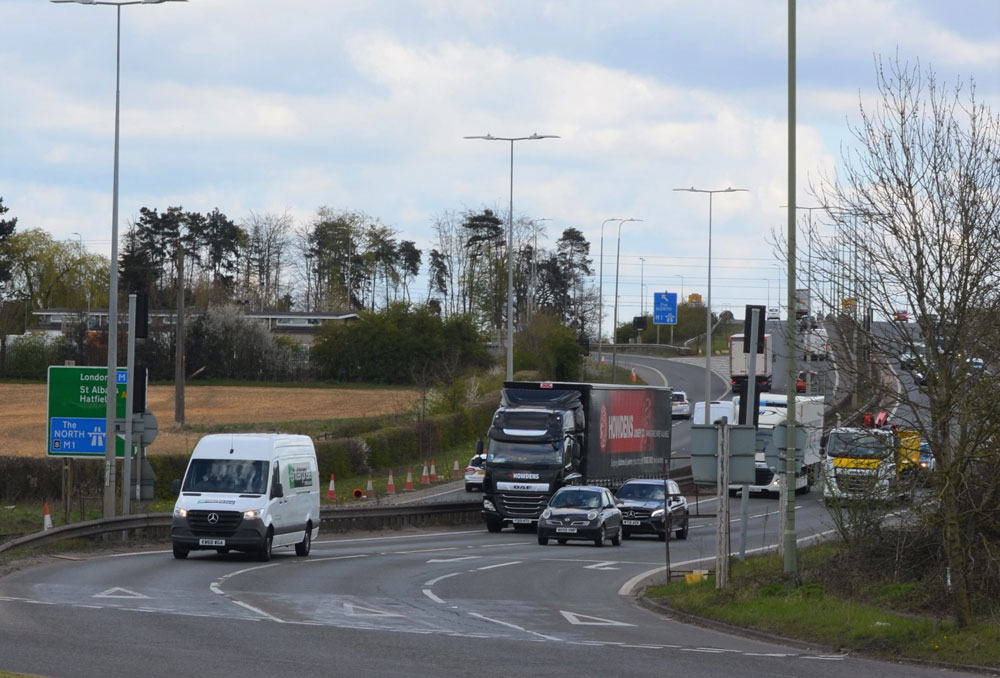
Cross-department data sharing to help improve road safety has moved a step closer after senior officials agreed to back a pilot programme.
In a joint statement published by the RAC Foundation, Lucy Vickers (chief data officer at the Department for Health and Social Care), Ed Humpherson (director general at the Office for Statistics Regulation), and Professor Sarah Sharples (chief scientific adviser at the Department for Transport), issued support for the Pre-hospital Research and Audit Network (PRANA) project.
PRANA is a national registry which collects and links care pathway information on ill and injured patients, including those involved in road traffic collisions. This data is anonymised and used to improve patient care and for research.
The statement says: “We know that when data is shared effectively, it leads to better outcomes.
“In health, linked datasets have helped drive improvements in prevention, care and patient safety. In justice, data sharing initiatives have informed policies that reduce harm.
“There is every reason to believe that linking road safety and health data will have a similarly transformative effect – helping us understand how and why injuries occur, improving emergency response, and shaping long-term strategies both to prevent collisions from happening and mitigating their injury impact when they do.”
Current data used to construct national statistics on road casualties provide valuable insights into the scale and severity of road traffic injuries.
STATS19 captures key details from police work to reveal the causes of road crashes, while NHS records are essential for understanding the nature of injuries and their implications for the health service.
But the absence of a linked dataset capable of combining these sources limits our ability to conduct more comprehensive injury severity assessments, use cutting-edge analytics and AI for predictive risk modelling, devise and implement better targeted interventions, and so develop evidence-based initiatives because it is impossible to see the complete picture from causation through to consequence.
According to the RAC Foundation, the benefits of data sharing include:
- Completeness – moderate to slight injuries less likely to be captured in STATS-19 but are available within national health datasets provided they have sought medical attention from the NHS. Other important under-reported groups such as pedestrians and cyclists are also likely to be better captured.
- Accuracy – using confirmed clinical codes for injury outcomes and interventions provides a true assessment of injury severity which is important for comprehensive appreciation of the health and economic impact of road collisions.
- Better statistical reporting – correct clinical coding permits reliable comparisons across time periods and geographical regions as well as evaluation of interventions.
- Access for non-health researchers – complexities in applying for health data have prevented many road safety researchers from undertaking analysis involving injury outcomes, limiting potential for timely assessment and interventions of locally observed road safety issues.
The statement follows a meeting convened by the RAC Foundation earlier this year.
The statement adds: “A recent roundtable involving all the key players revealed a promising way forward building on the PRANA project to create a single, rigorously implemented, and properly governed linked dataset to serve as the new standard product, moving us beyond siloed statistics whilst maintaining adherence to the highest standards of data security, governance, and accountability.
“We believe that a dataset such as this will accelerate understanding of the systemic causes of road injuries and enable targeted action to improve road safety.
“We urge all involved to make it happen.”
‘Data Sustains Life’
A core part of PRANA is the Data Sustains Life project, funded by The Road Safety Trust and being delivered by University Hospital Southampton in partnership with TRL.
The project is linking data from ambulances, air ambulances, police, the DfT, and coroners, as well as the many interactions flowing through hospitals. This includes emergency care, intensive care, trauma care and rehabilitation registries.
Dr Phil Hyde, a paediatric intensive care consultant at University Hospital Southampton (UHS) and a pre-hospital critical care consultant with Dorset and Somerset Air Ambulance, is leading the project.
He said: “The concept of linking these different data sources was thought to be impossible, but every idea has its time.
“This project will allow UK researchers to identify patterns, risk factors, and critical points for intervention. The ultimate goal is to use these new data to inform better policies and strategies to bring down the number of fatalities and serious injuries.”
The Data Sustains Life project is set to run over the next two years and focus on the Dorset, Hampshire, and Thames Valley region. The process will be capable of being brought to scale in other regions and nationally with investment from statutory authorities.
Findings are expected to inform both national road safety policies and global best practices.
Professor Sarah Sharples said: “The Data Sustains Life project represents a pivotal moment for road safety in the UK.
“By integrating healthcare and road safety data in ways never before achieved, this initiative provides a critical opportunity to unlock insights that could fundamentally change how we address road crashes and their devastating consequences. This innovative work is essential to driving the progress needed to save lives and create safer, future roads for everyone.”
Comment on this story